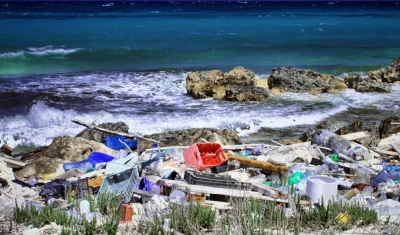18 December 2024
In our latest research brief, 'The "War on Minorities" Under the Guise of Countering Terrorism and Violent Extremism', Beatrice Meretti, Research Assistant at the Geneva Academy of International Humanitarian Law and Human Rights, critically explores how, under the guise of national security, governments misuse counter-terrorism (CT) and preventing and countering violent extremism (P/CVE) laws and narratives to target minorities and suppress political opposition. Meretti examines the harmful consequences of vague and broadly defined legal provisions that allow states to categorize a wide range of activities—from political dissent and criticism to minority rights advocacy and activism, to simple religious and/or ethnic diversity — as 'extremism' or 'terrorism.'
The paper emphasizes how these frameworks disproportionately affect marginalized and vulnerable groups — including religious and ethnic minorities, LGBTQ+ individuals, migrants, political dissidents and civil society at large — by justifying judicial harassment, repression, and violence. Governments exploit these frameworks to foster a polarized environment, presenting state actions as necessary for national security while undermining fundamental human rights.
Meretti asserts that this pattern of repression is not confined to authoritarian regimes, but also appears in democracies, highlighting the need to examine countries across the political spectrum. By analysing five case studies—Russia, China, India, Egypt, and Hungary — Meretti illustrates how national security rhetoric is used to mask politically motivated actions aimed at consolidating power and reinforcing discriminatory policies. The paper further highlights how the rise of populism has amplified the use of CT and P/CVE laws and narratives, enabling leaders to suppress dissent, curtail diversity, and erode democratic values. Ultimately, Meretti argues that while CT and P/CVE laws are intended to protect citizens from genuine threats, they are increasingly used to weaken democratic institutions and foster a climate of insecurity and polarization.






